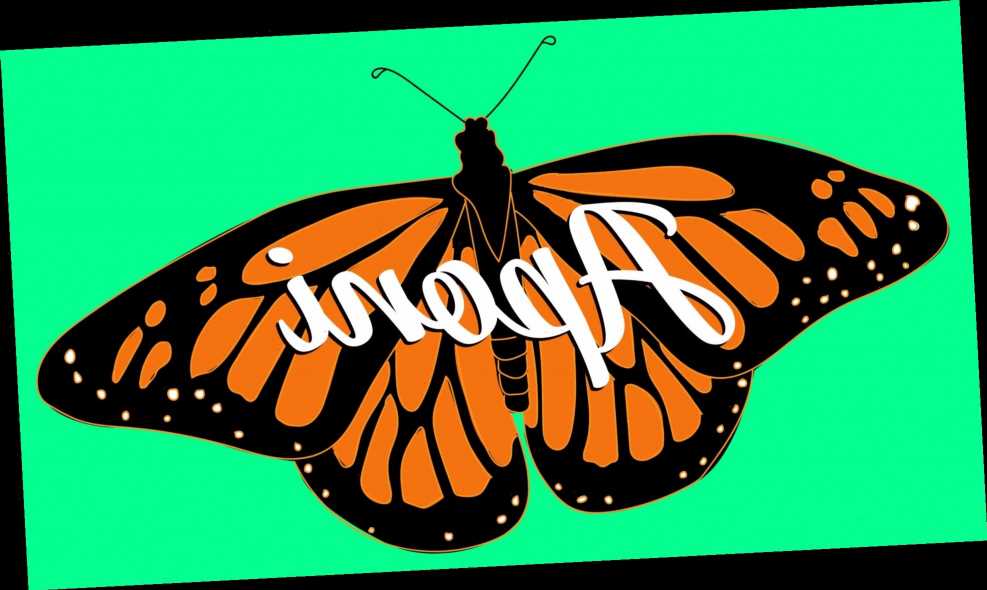The indigenous peoples of the Americas are as varied as their tribes, languages, and cultural practices — and so are Native names. While naming practices vary widely from tribe to tribe (it’s neither possible nor advisable to make any generalizations about name meanings throughout the myriad native cultures in North, Central, and South America) there are a few fascinating patterns and individual cultural threads that reappear in different tribes and are worth noting.
For example, some indigenous baby names come from nature. Some are based on what was happening during the child’s birth or pay tribute to a child’s characteristics and attributes. In certain indigenous cultures, the child isn’t even named until they reach puberty, at which point the name is representative of the identity the child has grown into. Native American naming ceremonies can be elaborate or they can be quiet and private. Bottom line: Native names are as countless as native cultures, which is saying a lot.
If you have Native heritage, you may love one of these unique baby names for your new little one.
- Na’estse: Means “one” in Cheyenne
- Nese: “Two” in Cheyenne
- Nistu: Means “three”
- Neewa: Means “four”
- Niaran: means “five”
- Enemene: Means “sing” in Cheyenne
- Enesta: Means “hear” in Cheyenne
- Toma: Means “sun” in Wiyot
- Tepkunset: Means “moon”
- Seke: Means “black”
- Nagamao: Means “sing”
- Maji: Means “leave”
- Winona: Means “first daughter”
- Tanis: Means “daughter”
- Nizhoni: Means “beautiful”
- Meli: Means “daughter”
- Kateri: The Mohawk version of Catherine
- Aiyana: Eternal blossom
- Amadahy: Forest water
- Aponi: Butterfly
- Atepa: Wigwam
- Catori: Spirit
- Chenoa: Dove
- Chilam: Snowbird
- Chimalis: Bluebird
- Dyani: Deer
- Enola: Solitary
- Halona: Of happy fortune
- Hurit: Beautiful
- Imala: Disciplines
- Kasa: Dressed in furs
- Kimi: Secret
- Kineks: Rosebud
A version of this article was originally published in November 2010.
Source: Read Full Article
